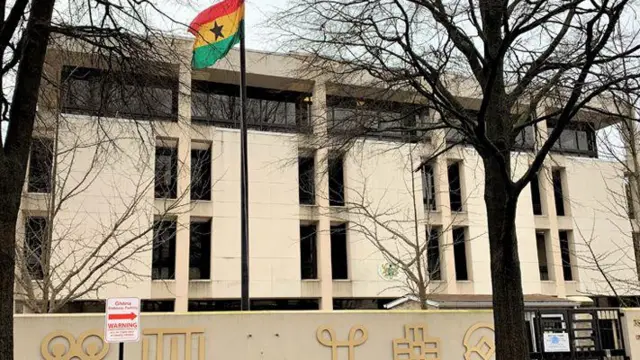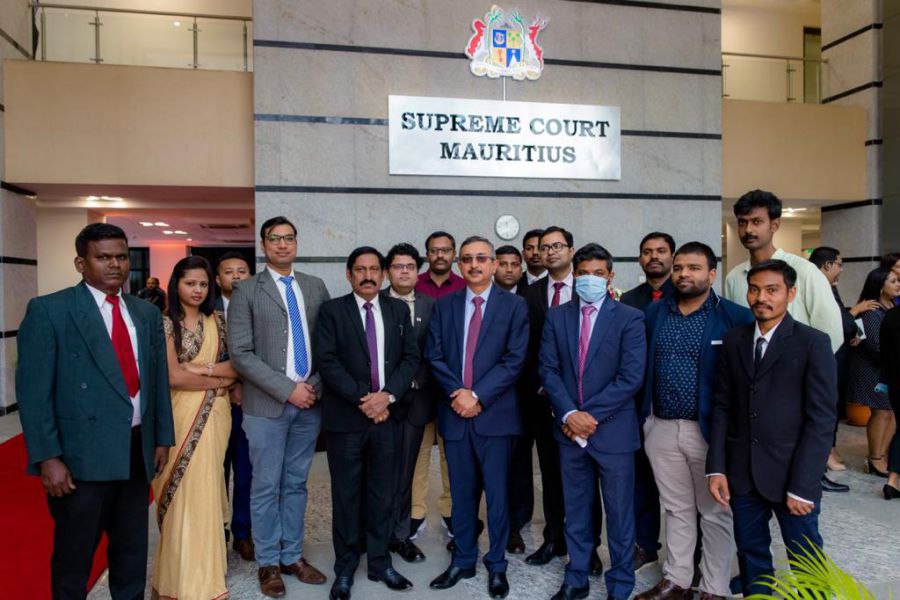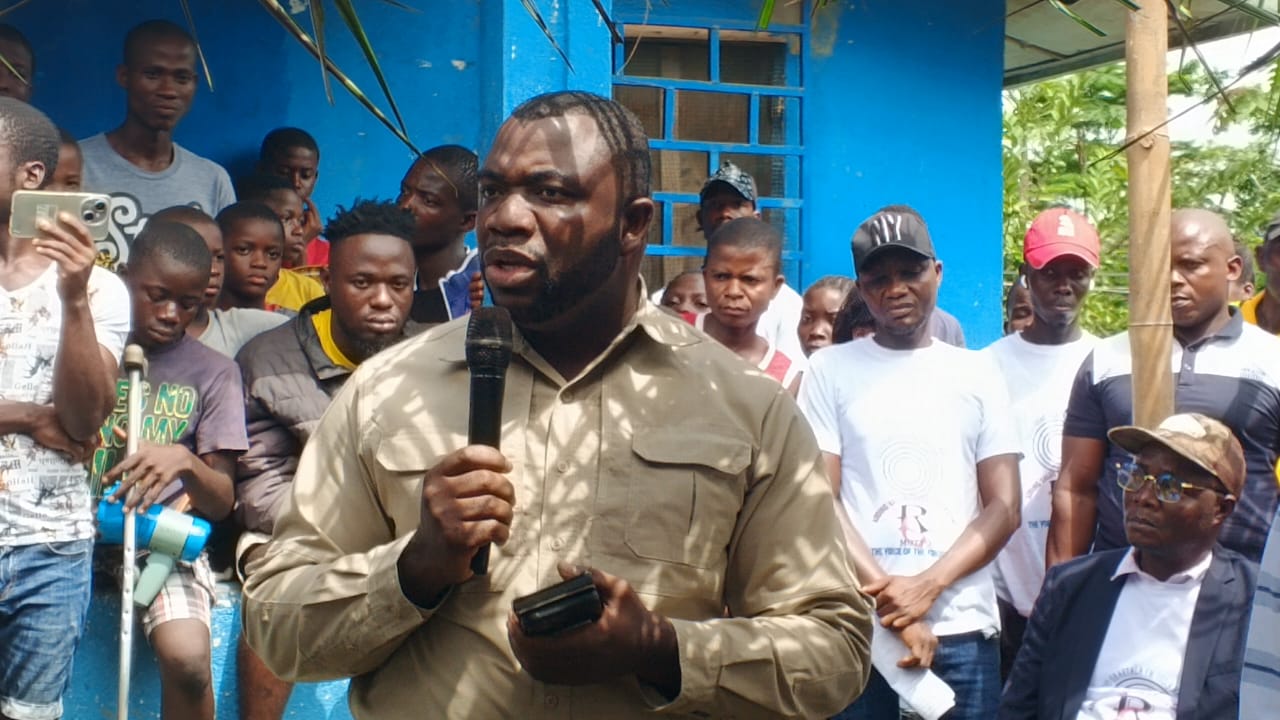READ ALSO: Regina Hall says Girls Trip 2 could relocate from Ghana to another African country
Ghana visa scam: Uncovering the Ghana Embassy Visa Scam in Washington
The recent Ghana embassy visa scam uncovered in Washington, D.C. has shaken the diplomatic community and raised serious concerns about internal oversight within Ghana’s foreign missions. The decision to close the embassy temporarily came after an audit team, assembled by Foreign Affairs Minister Samuel Okudzeto Ablakwa, revealed shocking levels of misconduct.
According to the BBC, the audit uncovered a fraudulent network orchestrated by a locally hired employee and collaborators who manipulated the embassy’s systems. The fraudulent operations involved redirecting applicants to an unauthorized service provider.
These findings have led to a strong response from the Ghanaian government, emphasizing transparency and a zero-tolerance policy against corruption. The embassy’s closure signals a bold step toward reform and justice.
Ghana visa scam_The Digital Trail: IT Officer’s Involvement in the Scam
Central to the scam is Fred Kwarteng, a locally hired IT officer employed at the embassy since 2017. Africa News reports that he created and embedded an unauthorized link into the embassy’s official website, which redirected passport and visa applicants to his private company, Ghana Travel Consultants (GTC).
Applicants were unknowingly charged illegal fees ranging from $29.75 to $60—payments not sanctioned under Ghana’s Fees Act. These funds were deposited directly into Kwarteng’s personal bank account, bypassing all official foreign ministry channels.
This clear conflict of interest and breach of public trust operated covertly for at least five years, highlighting glaring gaps in digital security and accountability mechanisms at the embassy.
To understand more about financial scandals affecting African diplomacy, read our analysis of the Hub Financier Régional in Mauritius.
Ghana visa scam: Government Reaction and Legal Ramifications
In response to the revelations, Foreign Affairs Minister Ablakwa has taken swift action by suspending all locally recruited staff and recalling key personnel back to Ghana. The case has also been forwarded to the Attorney-General for further investigation and legal proceedings.
President Mahama’s administration has reiterated its stance on maintaining ethical governance, emphasizing “zero tolerance for corruption, naked conflict of interest, and blatant abuse of office.” The Foreign Ministry is expected to restructure the embassy’s operations completely before reopening.
While this decision disrupts consular services for Ghanaians and visitors alike, the long-term goal is to restore credibility and ensure the safety of applicants using official diplomatic services abroad.

Ghana visa scam: Ghana’s Foreign Ministry Takes Decisive Action
In a bold and swift response to the scandal, Ghana’s Foreign Minister, Samuel Okudzeto Ablakwa, took the unprecedented step of temporarily shutting down the embassy in Washington, D.C. This action underscores the seriousness of the findings and the government’s commitment to rooting out corruption within its ranks.
The audit team’s damning findings uncovered a complex web of deception involving unauthorized links, misuse of digital platforms, and financial misappropriation. By shutting down the embassy, the ministry aims to clean house and ensure that such incidents do not recur, sending a clear message about accountability.
Such a move is rare in diplomatic circles and has drawn both domestic and international attention. The closure, although temporary, highlights Ghana’s willingness to confront corruption head-on and protect the integrity of its diplomatic missions abroad.
Digital Manipulation and the Unauthorized Link
The scam revolved around an unauthorized link embedded on the official embassy website. Created by Fred Kwarteng, a locally hired IT officer, this link redirected users seeking passport or visa services to his private company, Ghana Travel Consultants (GTC). Here, applicants were unknowingly charged additional and unauthorized fees.
This digital loophole operated for over five years, during which the illicit fees ranged between $29.75 and $60. Shockingly, these payments bypassed official government channels and were deposited into Kwarteng’s personal bank account—blatantly violating Ghana’s Fees Act.
The revelation of such a sophisticated digital manipulation raises concerns about cybersecurity within diplomatic missions and the need for strict oversight and regular audits of public-facing digital platforms.
Ghana visa scam: Accountability and the Path Forward
The Foreign Ministry’s response didn’t end with the embassy’s closure. All local employees at the Washington mission were suspended, and foreign ministry staff were recalled to Accra. This action forms part of a broader restructuring process to restore transparency and trust in the mission.
The case has now been handed over to Ghana’s Attorney-General, who is expected to launch a formal prosecution and recover misappropriated public funds. This legal step aims to bring those responsible to justice and deter future misconduct.
Additionally, the government has signaled its intent to enhance training and vetting procedures for both local and international diplomatic staff, ensuring that similar vulnerabilities are closed for good.
Ghana visa scam: the Web of Fraud: The Five-Year Shadow Operation
The heart of the scandal lies in a five-year-long operation that went unnoticed. Investigators found that visa and passport applicants were unknowingly directed to a fraudulent portal. This private service, disguised as official, collected fees ranging from $29.75 to $60, exploiting individuals seeking legitimate travel documents.
The IT officer behind this operation, Fred Kwarteng, cleverly inserted an unauthorized link on the embassy’s official site. Through this, applicants were sent to his personal company, Ghana Travel Consultants (GTC), bypassing the embassy’s oversight mechanisms entirely.
These actions raise significant concerns about cybersecurity within government entities abroad. The prolonged success of this scheme highlights the urgent need for periodic audits and transparency protocols in foreign missions.
Ghana visa scam: Consequences and Government Response
Following the scandal, all locally hired staff at the Ghanaian embassy in Washington have been suspended. The Foreign Ministry took swift action by recalling diplomatic personnel and initiating a complete restructuring of the mission’s operations.
The Ghanaian Attorney-General’s office is now involved in reviewing the case, with potential criminal charges and recovery of public funds underway. This shows a strong political will to root out corruption, regardless of where it surfaces.
Samuel Okudzeto Ablakwa emphasized that this event marks a turning point in how Ghana handles internal accountability, especially in its overseas missions.
Ghana visa scam: Impact on Ghana’s Image Abroad
This incident has sparked concerns about the global perception of Ghana’s diplomatic credibility. For a country often praised for its democratic values and transparency, this kind of scandal risks damaging its hard-earned reputation.
Foreign relations, particularly with Western nations, are delicate and depend on professionalism at all diplomatic levels. The Ministry’s quick and firm response, however, may help contain long-term diplomatic fallout.
While embassy services remain temporarily suspended, the government assures citizens that new systems will be put in place to prevent similar events from recurring.
Ghana visa scam: Lessons and Moving Forward
From an administrative standpoint, the scandal offers a hard lesson about the dangers of decentralizing IT infrastructure without sufficient oversight. Embassies worldwide now have a cautionary tale about the need to verify who controls access to their digital assets.
It also underlines the necessity of creating secure, official-only portals and training personnel to recognize signs of internal manipulation. Ghana’s Foreign Ministry has pledged to implement stricter audit processes and IT monitoring standards going forward.
This moment of crisis can become a catalyst for broader governmental reforms in transparency and cyber governance, ensuring better safeguards for both citizens and the state’s reputation abroad.
For more stories about accountability in African diplomacy, check out our coverage on Ethiopia’s AfCFTA export strategy.
Conclusion: A Lesson in Transparency and Vigilance
The closure of Ghana’s Washington embassy, though disruptive, marks a significant milestone in the country’s ongoing fight against corruption. It demonstrates political will, swift decision-making, and the importance of institutional accountability.
While the scandal reveals weaknesses in oversight and cybersecurity, it also provides an opportunity for the Foreign Ministry to reform and strengthen its global operations. Citizens and observers alike will be watching closely to see if this marks the beginning of a new era of transparency in Ghana’s foreign service.
For related stories, you can check our article on Ghanaian WW2 Veteran’s Gift from Prince Harry.



